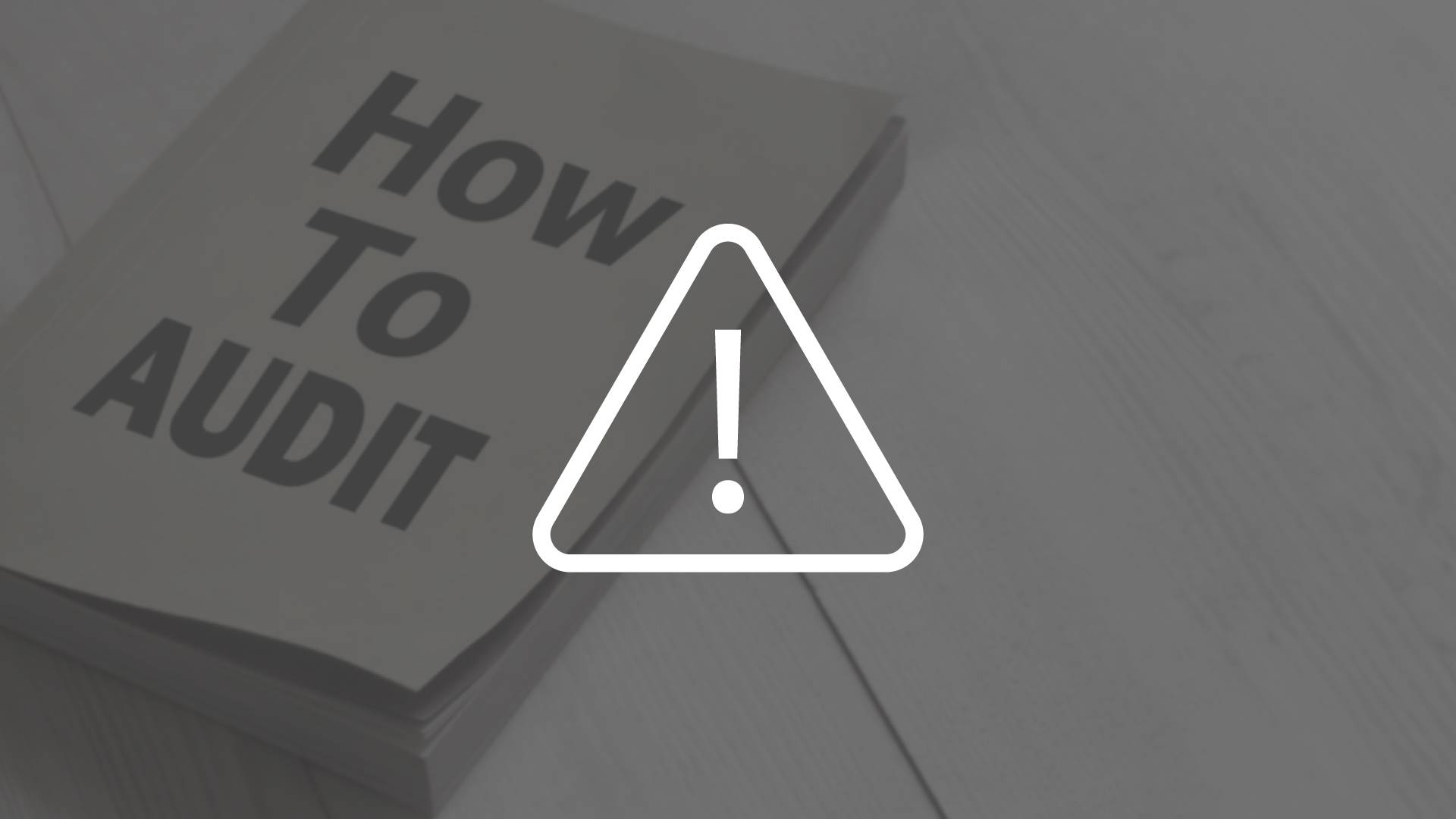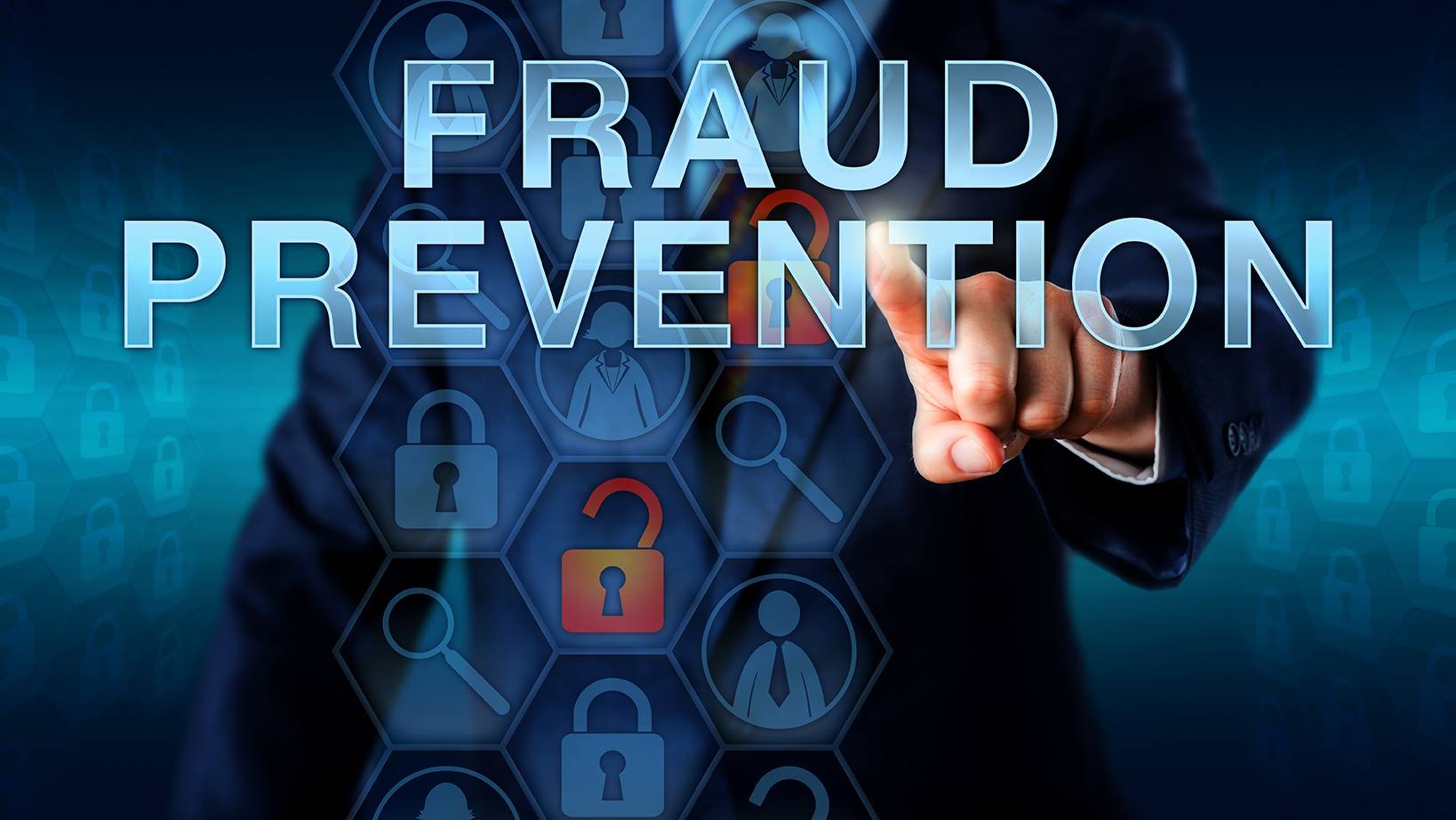Self-Study
How to Audit Inventory
Expertly audit inventory, covering counting procedures, and valuation rules.

$58.00 – $78.00
Webcasts are available for viewing Monday – Saturday, 8am – 8pm ET.
Without FlexCast, you must start with enough time to finish. (1 Hr/Credit)
Please fill out the form below and we will reach out as soon as possible.
CPE Credits
2 Credits: Auditing
Course Level
Overview
Format
Self-Study
Course Description
How to Audit Inventory clarifies for the auditor every action needed to audit inventory. This inventory auditing CPE course describes the characteristics of inventory from an auditing perspective, and then goes on to describe the steps required to audit inventory. Background information concerning inventory is also included in this inventory auditing course, such as physical inventory counts, the lower of cost or market rule, and inventory cost layering.
Learning Objectives
Upon successful completion of this course, participants will be able to:
- Recall the classifications used for inventory.
- Specify the characteristics of the different types of inventory fraud.
- Describe the situations in which inventory errors can lead to material misstatements.
- Describe the substantive procedures used by an auditor to audit inventory.
- Recognize the items to be reviewed as part of an inventory test count.
- Specify the actions to be taken when testing inventory costs.
- Describe compilation testing.
- Identify the additional inventory audit steps used when a new client was not audited in the past year.
- Cite the circumstances under which a physical inventory count can be avoided.
- Recall the issues associated with a client using a separate count team to verify the counts made.
- Recall the details of the lower of cost or market rule.
- Specify the advantages of the various inventory costing methods.
Course Specifics
SS924378219
March 12, 2024
There are no prerequisites.
None
66
Compliance Information
CFP Notice: Not all courses that qualify for CFP® credit are registered by Western CPE. If a course does not have a CFP registration number in the compliance section, the continuing education will need to be individually reported with the CFP Board. For more information on the reporting process, required documentation, processing fee, etc., contact the CFP Board. CFP Professionals must take each course in it’s entirety, the CFP Board DOES NOT accept partial credits for courses.
Meet The Experts

Steven M. Bragg, CPA, is a full-time book and course author who has written more than 300 business books and courses. He provides Western CPE with self-study courses in the areas of accounting and finance, with an emphasis on the practical application of accounting standards and management techniques. A sampling of his courses include the The New Controller Guidebook, The GAAP Guidebook, Accountants’ Guidebook, and Closing the Books: An Accountant’s Guide. He also manages the Accounting Best Practices podcast. Steven has been the CFO or controller of both public and private companies and has been a consulting manager with Ernst & Young and …
Related Courses
-
 Auditing
Auditing
Computer Fraud and Abuse
Marshall Romney, CPA, PhD, CFE QAS Self-Study
Credits: 6 $174.00
QAS Self-Study
Credits: 6 $174.00$174.00 – $204.00
-
 Auditing
Auditing
How to Audit for Fraud
Steven M. Bragg, CPA QAS Self-Study
Credits: 3 $87.00
QAS Self-Study
Credits: 3 $87.00$87.00 – $107.00
-
 Auditing
Auditing
Fraud Prevention, Detection, and Audit
Marshall Romney, CPA, PhD, CFE QAS Self-Study
Credits: 9 $261.00
QAS Self-Study
Credits: 9 $261.00$261.00 – $291.00
